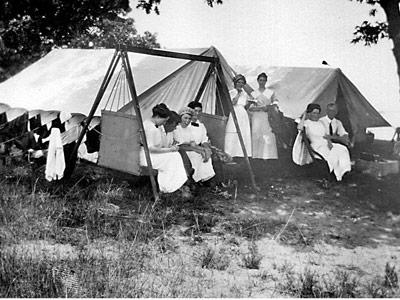The Mast-Head: Twice on the Shore
The Mast-Head: Twice on the Shore
Tuesday’s lunch was delayed by a stop at Egypt Beach, where I tried a little surfcasting. October’s early days are among the most enjoyable here, with their easy pace. The office phones ring far less often, the urgent calls of public relations people reduced to a trickle.
With the letters to the editor checked for grammatical consistency and put in some semblance of coherent order, it seemed okay to extend my usual run for food a little. The bass had not yet begun their run along the ocean beach, this I knew, but giving them a try just in case seemed a reasonable excuse.
It’s hard to describe, but fellow anglers know this: Sometimes the water just doesn’t look “fishy.” This was one of those times, but I cast awhile anyway — more just for the doing of it than in the expectation of catching anything.
The ocean is notably warm for the beginning of fall. This, a surfcaster friend tells me, is the reason there are no fish to be found, except at Montauk. Few birds passed overhead, and few sandpipers or plovers could be seen picking for a meal on the sloping foreshore.
It was, now that I think about it, my second trip to the beach of the day. My wife had an early class to teach, so I had our toddler, Ellis, and some time to kill before work. We stopped first at Main Beach, then went to Wiborg’s. There, a small knot of people and dogs stood off to the west, the dogs digging and barking, the people chatting.
Ellis “asked” to put on his rain boots, the ones with the smiley faces on them. We walked hand in hand down to the wrack line, where he picked up sticks and poked at the tangles of eelgrass.
As I recalled, at his age each of the children began to have an interest in throwing things. Ellis, in his turn, found each of us a proper piece of driftwood and beckoned me to follow him toward the water. I did. We threw our sticks in several times until a bit of current took them away.
The wide ocean beach is a wonderland for a child. For an adult, too, those of us able to steal a few minutes to enjoy it.

